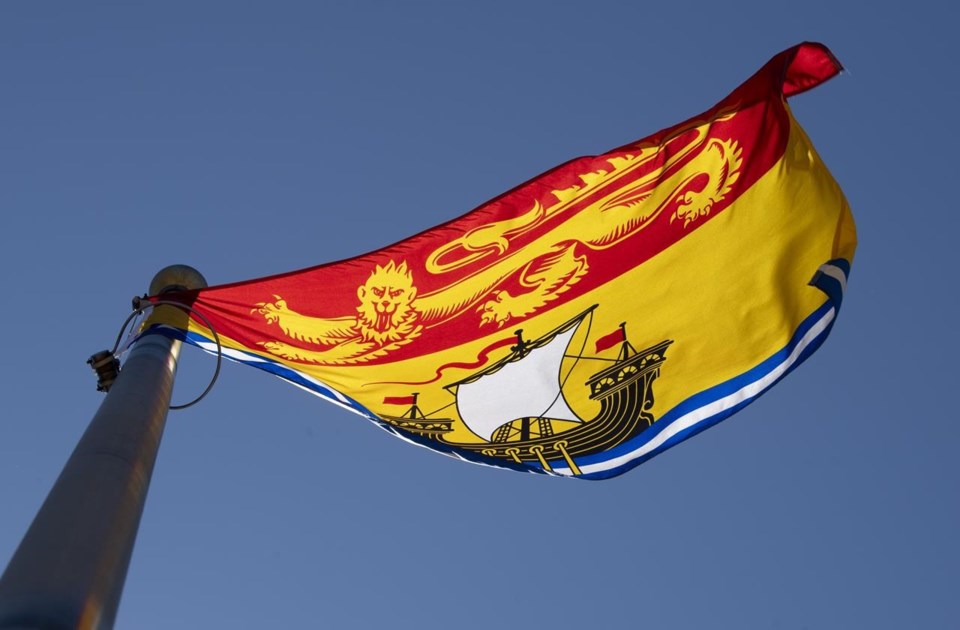Canada's largest French-language university outside of Quebec has launched a process to review the school's connection to a British military figure involved in the deportation of Acadians.
The Université de Moncton's board of governors said on Saturday it will appoint two officials to consider a community request for a name change.
The review will examine the political, social, historical, reputational, legal and economic aspects of changing the school's name, the board said.Â
More than 1,000 people signed a petition earlier this year to sever the schools ties to Robert Monckton, a British officer who played an active role in the imprisonment and expulsion of Acadians.
"Our university is listening to its communities," the school's president and vice-chancellor Denis Prud'homme said in a statement. "We do so in a transparent manner and with respect for our institutional values."
The university was founded in 1963 and took the name of the city of Moncton, the largest one in the province and the location of one of the school's three campuses.
Moncton is home to many of Canada's Acadians, a population that suffered when thousands were forcibly deported from the Maritimes in the 18th century. Many died of disease or starvation.Â
People calling for the university to change its name include current and former politicians, lawyers and artists.
Denise Frenette, vice-chairwoman of the school's board, said a decision as critical as whether or not to change the name of the university requires a rigorous process.Â
"That is why board members need more information and evidence to make an informed decision," she said in a statement. "We will leave it to the officials to carry out their mandate with all the independence required.â
The decision to review the university's connection to Robert Monckton comes amid an ongoing national reckoning with troubling parts of Canada's past and how we commemorate historical figures with ties to racism, sexism or slavery.Â
In neighbouring Nova Scotia, several communities have removed the name Cornwallis from municipal property. A statue of the British military officer Edward Cornwallis was also removed from a park in downtown Halifax.Â
Cornwallis, The province's former governor, issued a âscalping proclamationâ in 1749 that offered a bounty to anyone who killed Miâkmaq men, women or children.
If a name change is approved, the Université de Moncton would not be the first post-secondary institution in Canada to go that route.
The former Ryerson University â now Toronto Metropolitan University â used to be named after Egerton Ryerson, who helped create the country's residential school system.
Other countries have undergone a similar rethinking of who and what to memorialize and how.Â
The United States is continuing to grapple with its Confederate legacy while tributes to slave traders and colonialists have been removed across the United Kingdom.
This report by The Canadian Press was first published April 16, 2023.
Brett Bundale, The Canadian Press



